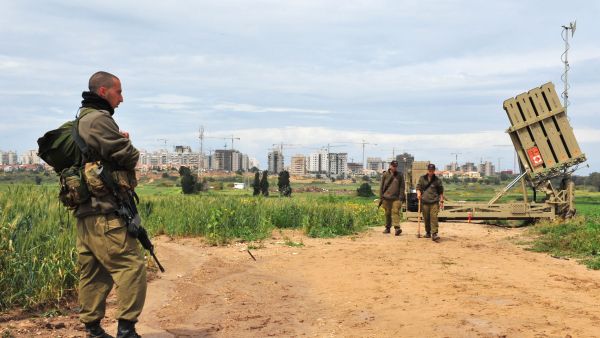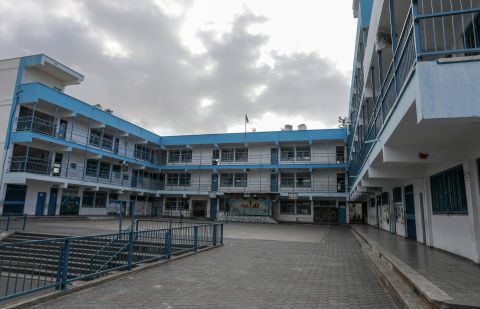ALBAWABA - Israeli media outlets report ongoing activities by Hezbollah, expressing mounting apprehension in the northern regions over the looming economic downturn.
The primary cause of the Israeli economy's downturn is attributed to the high expenses incurred by the Iron Dome's interception missiles. This escalation in costs is driven by the significant volume of missiles launched from Lebanon towards the northern territories under Israeli occupation.
More than 150 rockets have been fired from southern Lebanon towards northern Israel and the Golan Heights since this morning.
The report also emphasizes the skyrocketing costs associated with lodging for northern Israeli settlers who have been forced to migrate to motels. The Israeli government's financial difficulties have reportedly increased as a result of hotel pricing increases in recent days.
According to a researcher at the Israeli Institute for National Security Studies, each missile costs between $40,000 and $50,000, according to a Bloomberg story. According to US defense contractor Raytheon Technologies, as of mid-2021, Israel had eleven Iron Dome batteries installed throughout the nation.
Israel's fourth-quarter GDP drop was revised up from the previous estimate of 19.4% to a more significant 20.7% decline in the most recent economic update. The fall was ascribed to the effects of the conflict with Hamas and included significant drops in investment, exports, and consumer expenditure.
The economy was under more stress, according to the Central Bureau of Statistics' second estimate, with the consequences of the war being especially noticeable in important industries. In 2023, Israel's GDP grew by 2.0% despite this setback, which was a significant deceleration from the 6.5% growth reported in 2022 but remained consistent with earlier reports.
Israel's economic situation is still significantly impacted by the continuing conflict, which was set off by Hamas' October 7th strike. The updated statistics show the wider effects of the hostilities.
As Ramadan draws near, Israel has stepped up its military operations, concentrating on the fronts of Gaza and Lebanon. An aura of war was created by the announcements of clearance for fresh combat operations, which mostly involved raids into Gaza's Rafah and toward Lebanon.
The Israeli military held extensive and specialized training exercises for scenarios involving war with Lebanon, particularly with regard to supplying military forces during intense battlefield bombardments, in response to threats made by the head of Northern Command regarding an incursion into Lebanon. On Sunday night, the Israeli Security Cabinet met to talk about the latest events in Lebanon and on the southern front.
Tensions between Israeli Prime Minister Benjamin Netanyahu and US President Joe Biden are intensifying against this background. Israelis refer to Biden's criticism of Netanyahu as the strongest since the start of the "Al-Aqsa Intifada," alleging that he is doing more harm than good to the country. Rather of working through Netanyahu's administration, Biden threatened to speak to the Israeli people directly and bring up a number of concerns in the Knesset.










